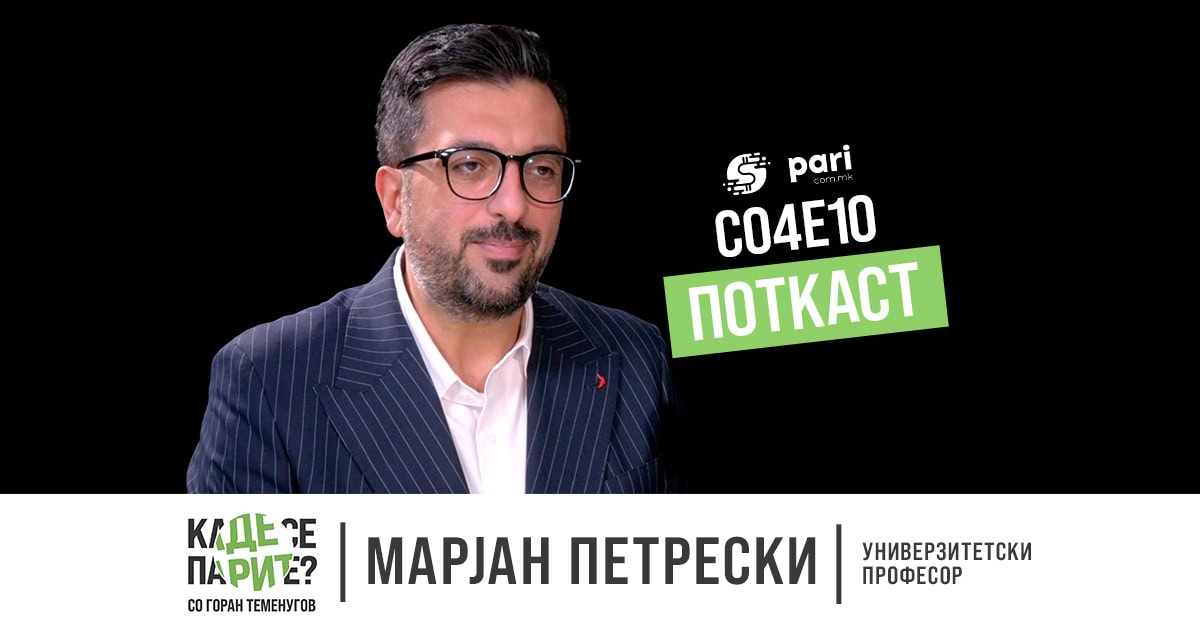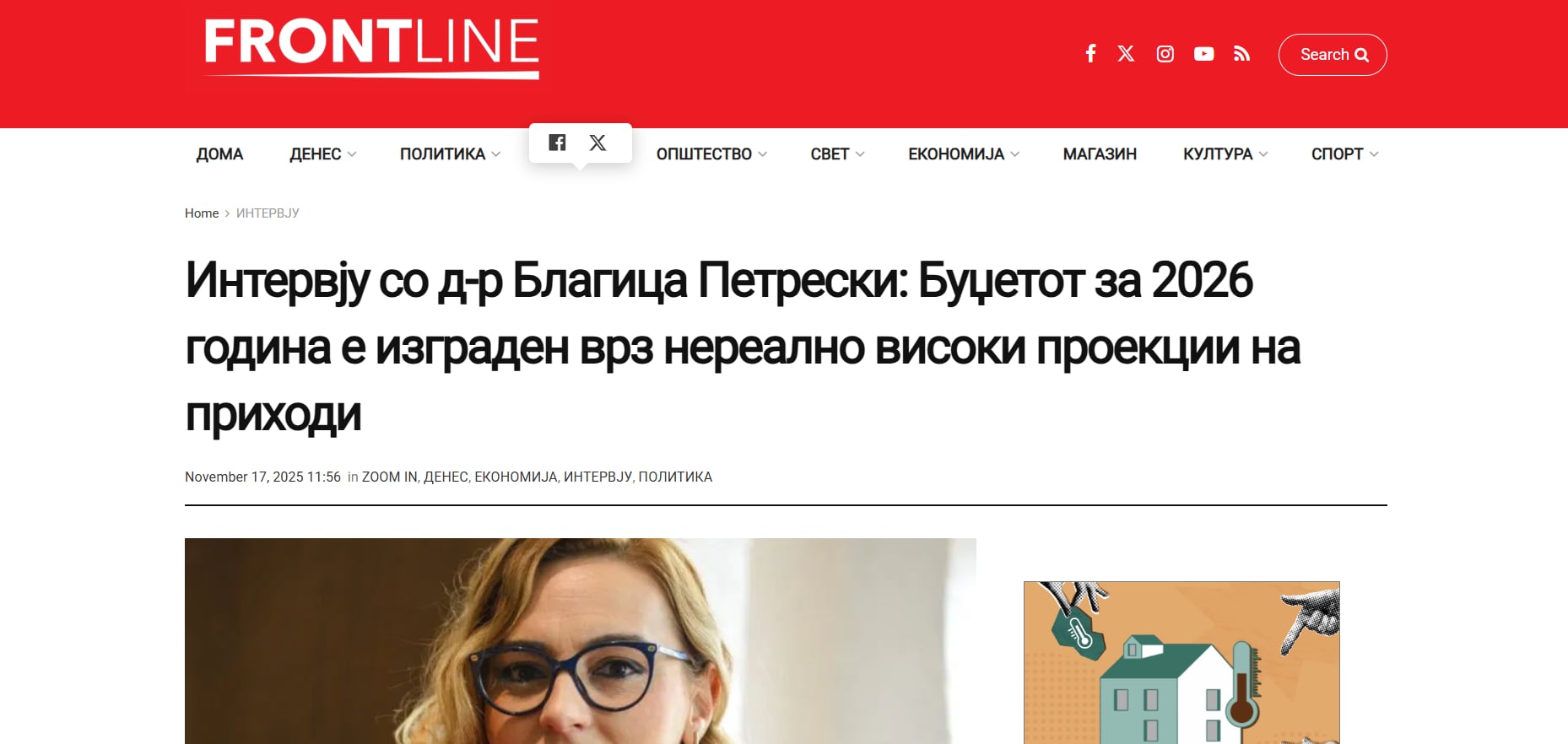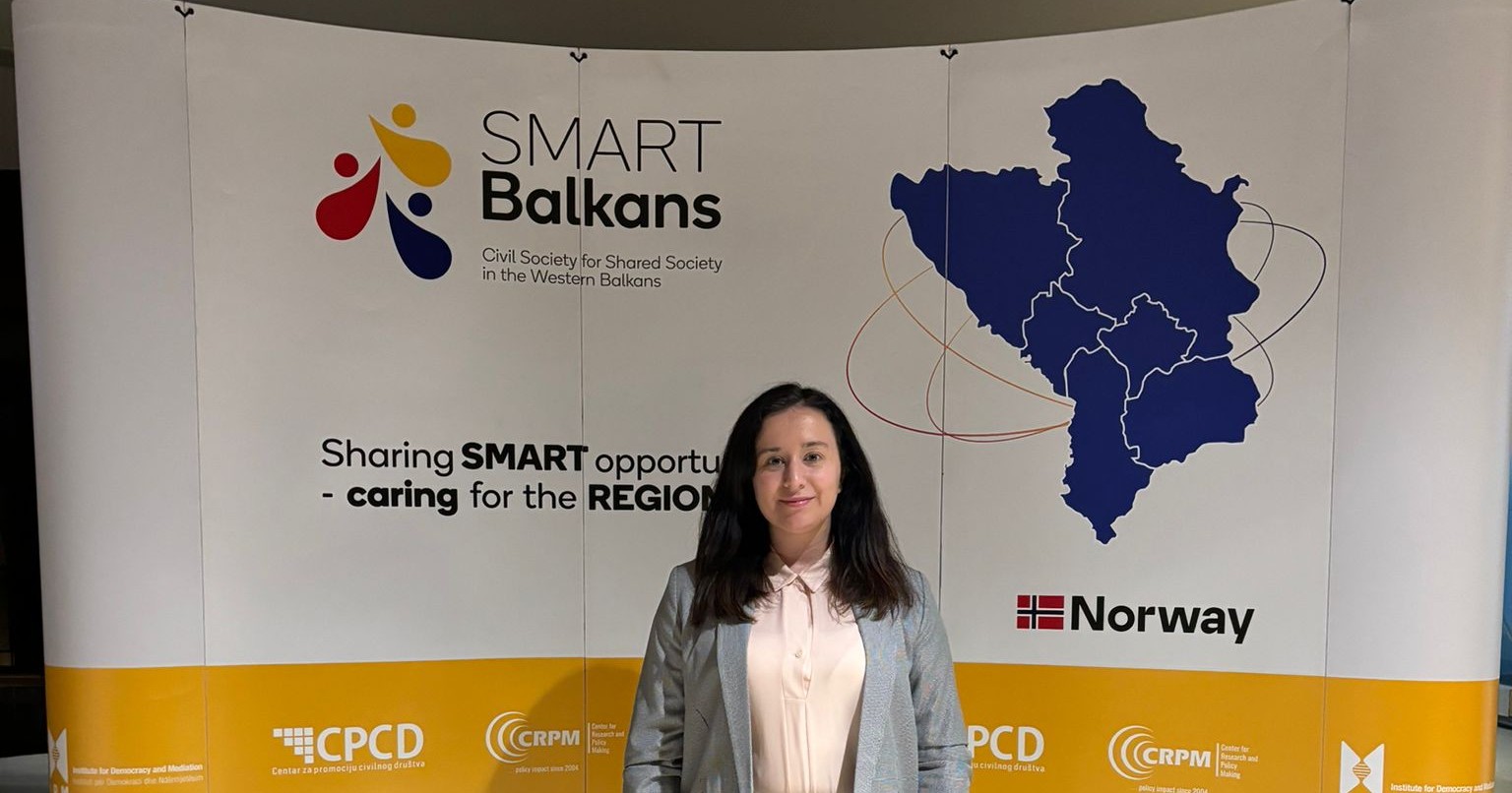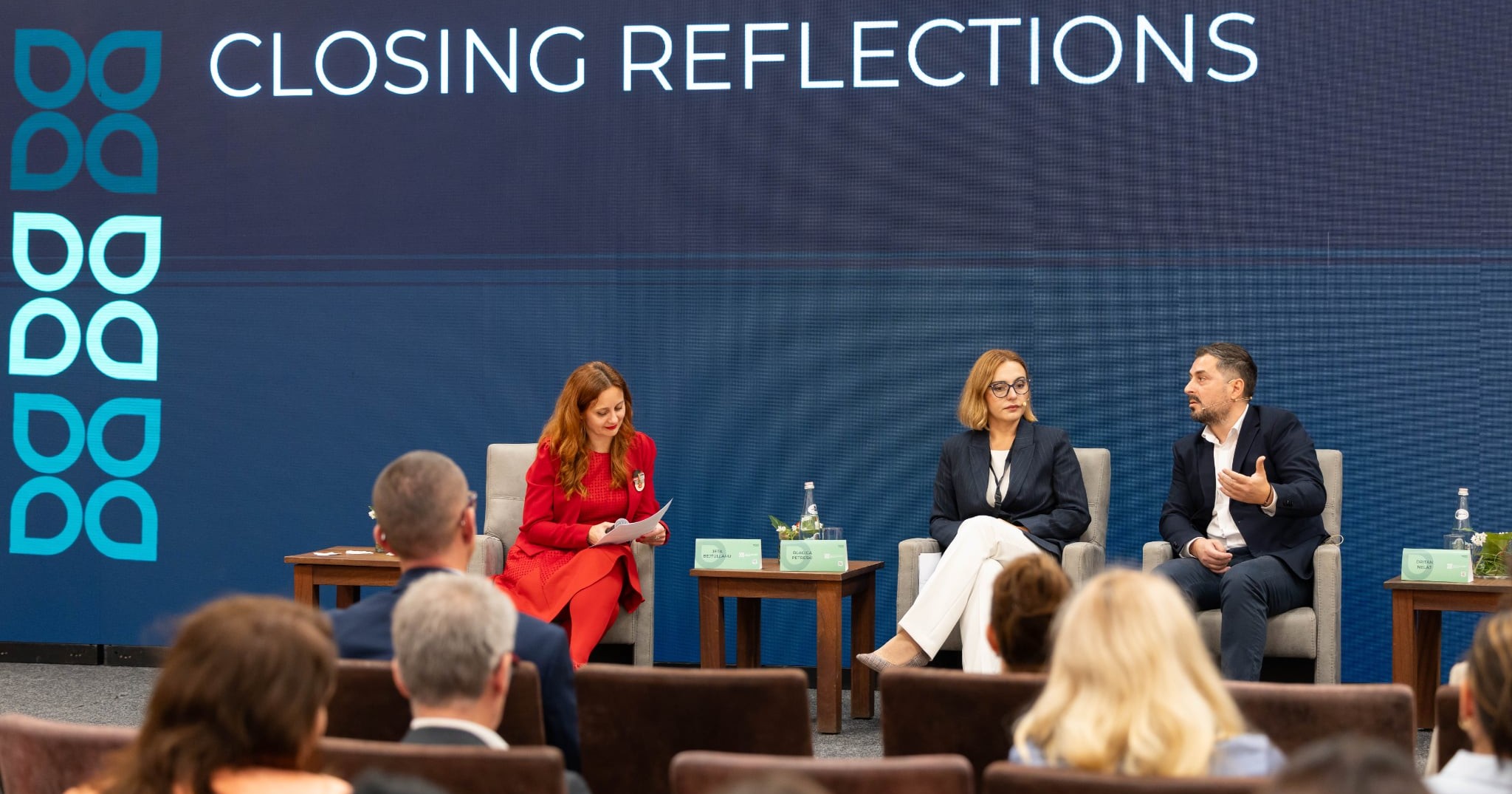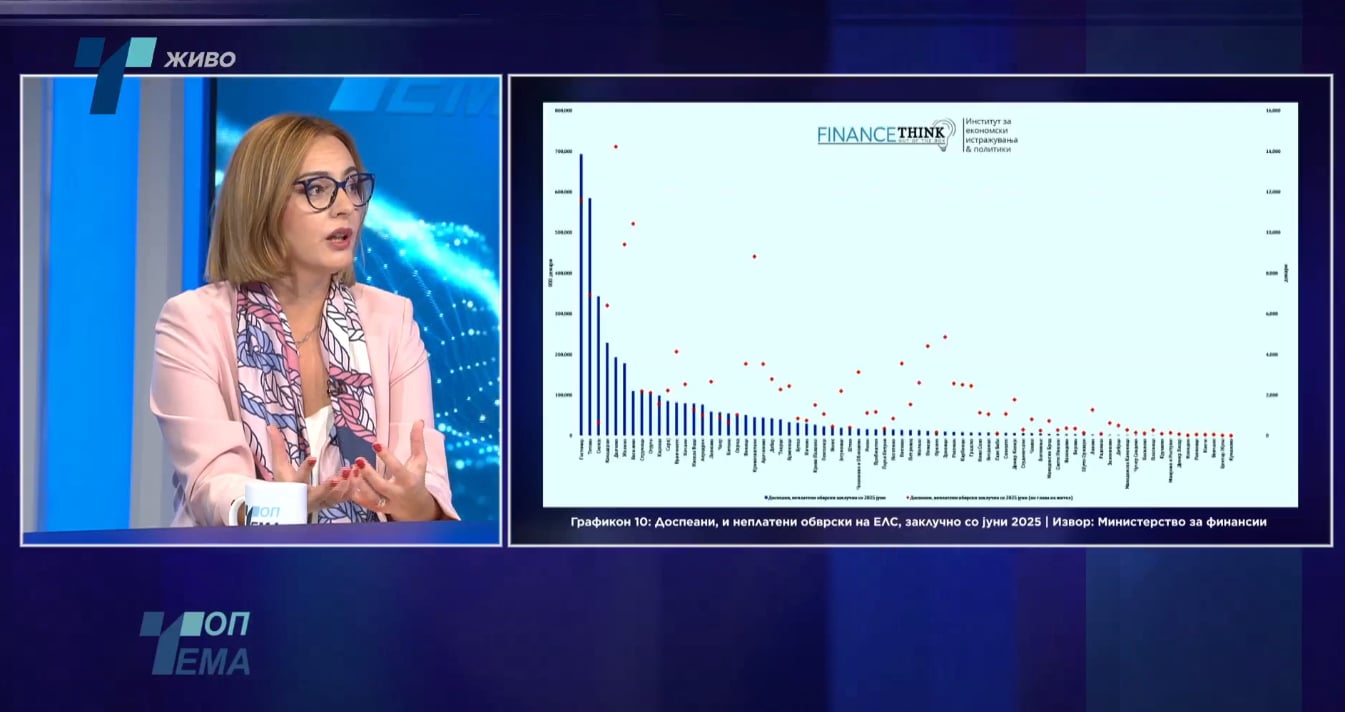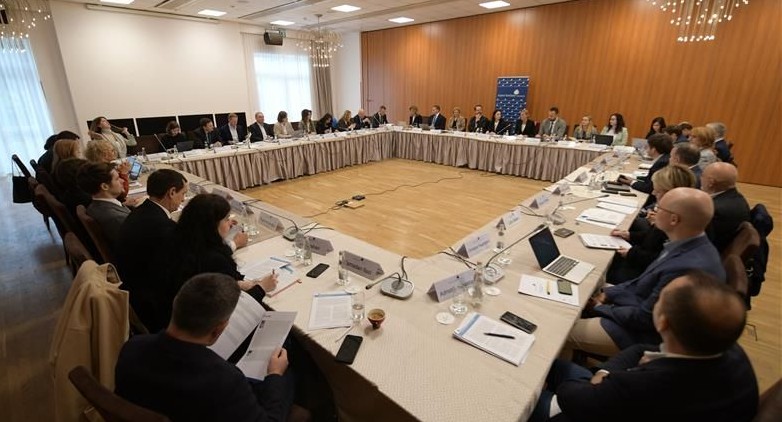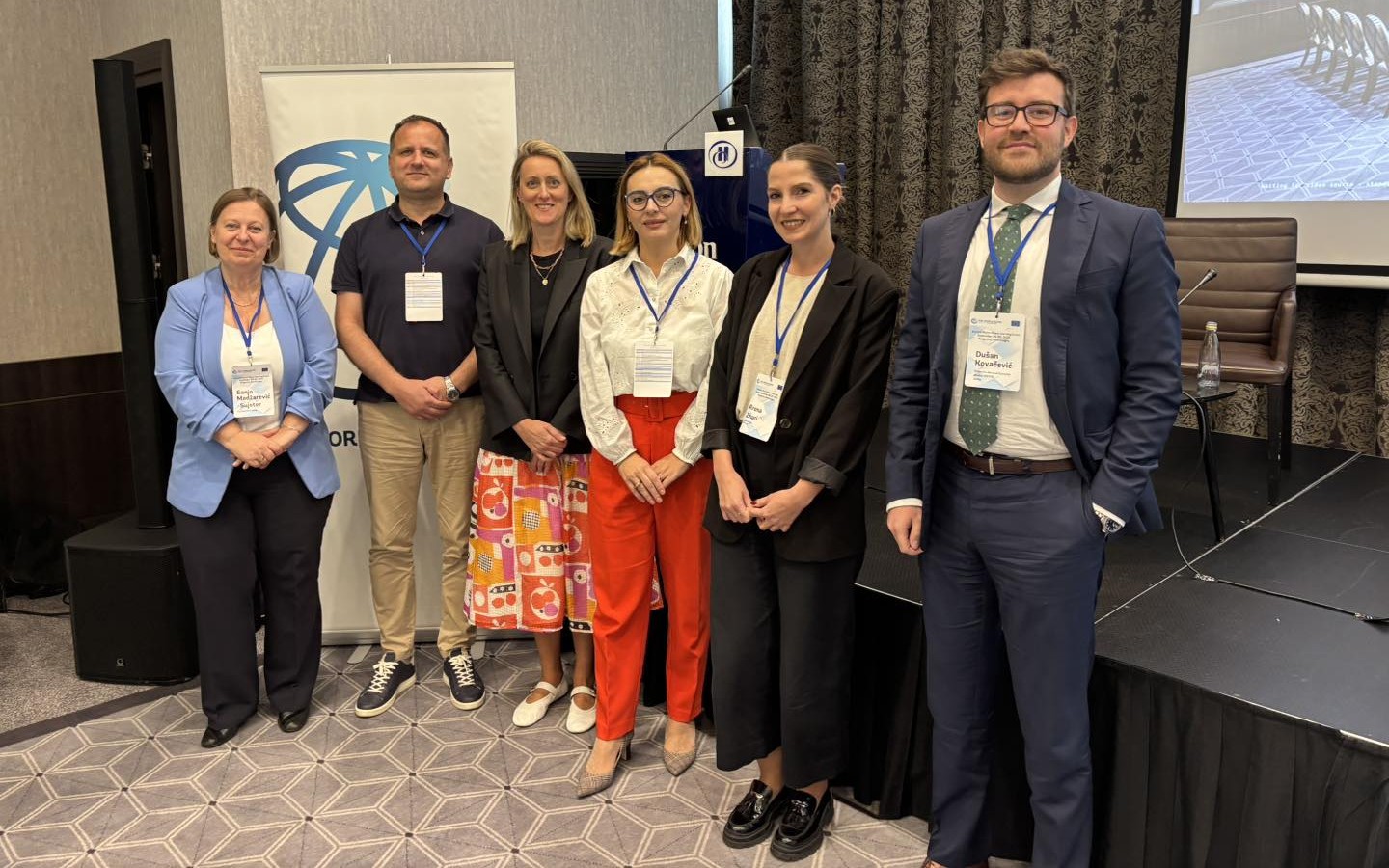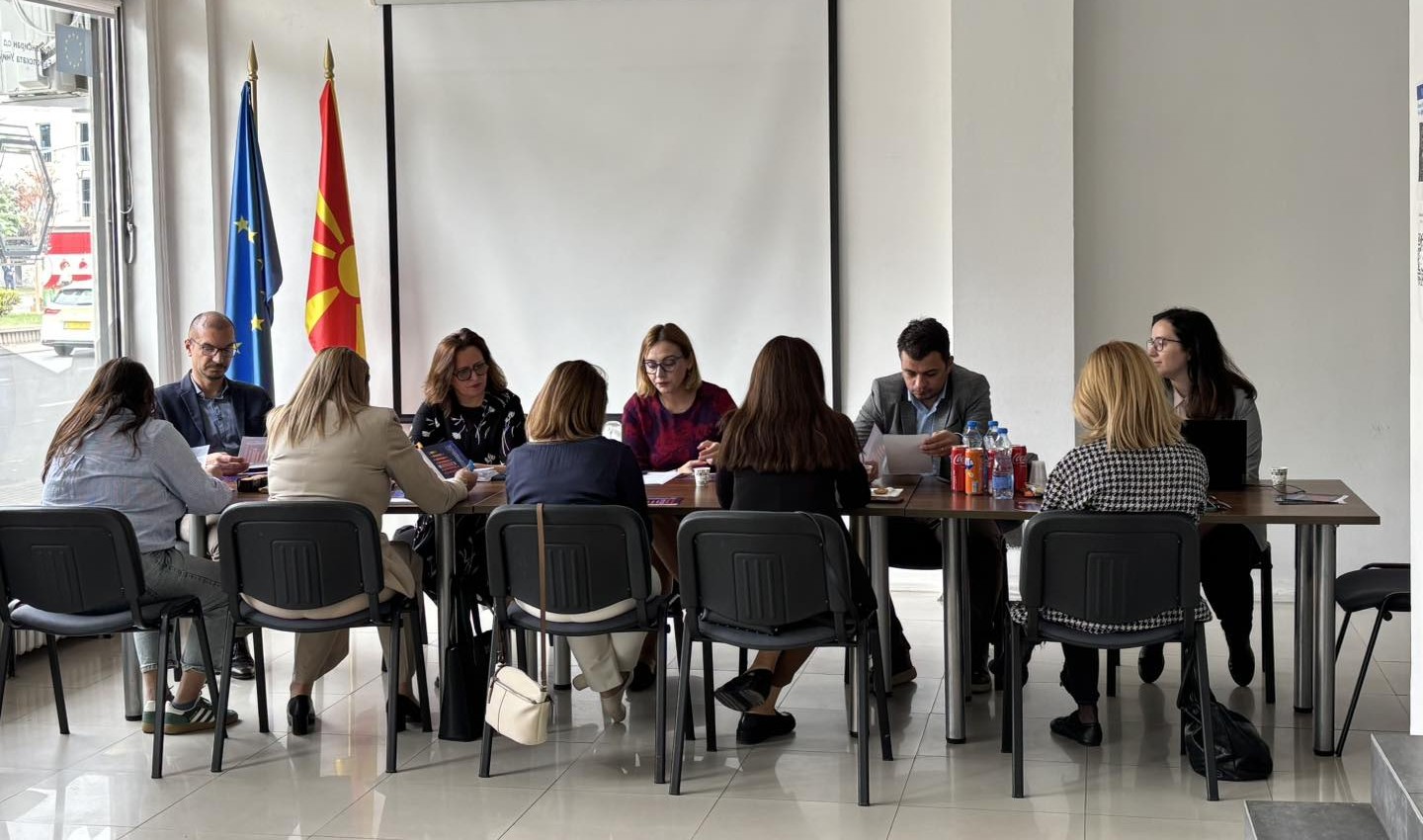⚠ As in our FT Commentary 43 (https://shorturl.at/67wyD), the overall budgeting framework is moving in the right direction, but a series of fiscal risks remain.
❗ The inflation target of 2.5% is achievable only if fiscal policy supports monetary policy, without populist expectations of “easy money.”
❗ Productivity in the public sector is declining, while in the private sector it is rising – a critical factor for sustainable wage growth and stable budget revenues.

